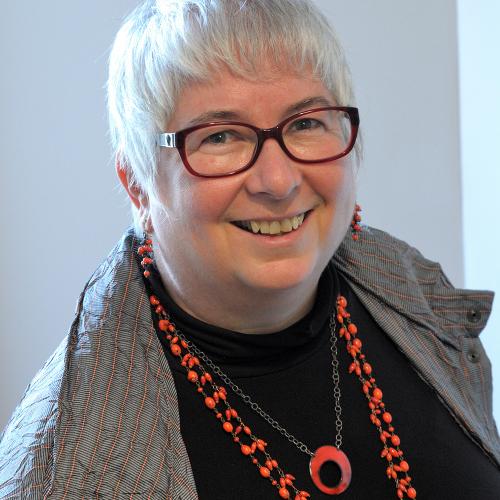GSLIS Associate Professor Lori Kendall has been named the president of the Association of Internet Researchers (AoIR). She takes office during the AoIR annual conference (IR 14) held October 23-26, 2013 in Denver, Colorado.
AoIR is an international academic association that brings together scholars from multiple disciplines—including communication, the social sciences, library and information science, the humanities, computer science, and engineering—to engage in critical and scholarly research about the Internet. Kendall will serve as president for two years.
Kendall attended the first AoIR conference held in 2000. “At the time, Internet studies was a relatively new but growing field. AoIR provided a place for people from different disciplines to meet each other and exchange ideas. Back then, in any given department, there were unlikely to be two scholars interested in the Internet, and in fact, it was often difficult to find people at one’s main disciplinary conference. I was at that first AoIR conference in Lawrence, Kansas, and it was very exciting to meet people whose work I had been reading and referencing,” she said.
Internet studies has since become a thriving field—nearly 5,000 scholars subscribe to the organization’s email list—and collaborations between scholars at AoIR have resulted in the creation of Internet studies programs, edited book series, and new journals. AoIR’s ethics committee created research ethics guidelines that have had a major impact on IRBs in the U.S. and elsewhere, and serve as a key resource for scholars doing research in digital media and the Internet.
“From the beginning, I have appreciated both the high overall quality of presentations and the level of collegiality at the AoIR conference. We have always been a group in which all levels of scholars—from major stars to first-year graduate students—welcome each other and mix freely,” said Kendall.
During her tenure as president, Kendall intends to build upon the work of previous presidents to increase the interdisciplinarity of the organization as well as expand the organization’s international footprint.
Next year’s conference, IR 15, will be held in Bangkok, Thailand.
